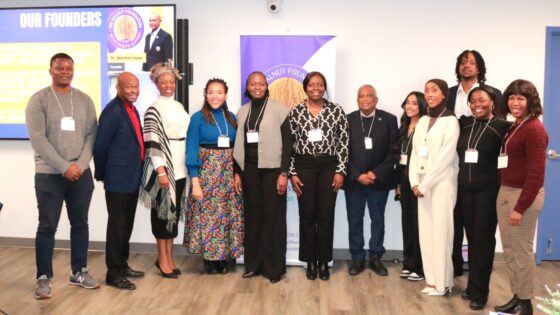on
BY STEVEN KASZAB
There are two Roses that have bloomed and are now slowly fading before our eyes. Poh- Poh to the left, is confined to her bed, unable to walk or take care of herself. She lives on a farm where her daughters care for her daily. To the right sits my other mother, a proud woman who is still caring for herself and is often compared to the energizer bunny as a woman on the go. Both ladies experience pain minute by minute of their day. One will not take painkillers since they react to her in a negative fashion.
The other really has no choice but to take her painkillers, since that is the only way, she can bear her limiting existence. Their family has made every effort to assist them and help them continue their lives free of our hospitals and medical facilities.
Thankfully, they did not need to experience the horrors that this pandemic has imposed upon Ontario’s Senior Living Facilities.
I have had the uneasy conversation with both ladies regarding their end of life wishes, plans, and demands that will need to happen soon enough. Enjoy your lives fully I tell them, as tears go down my face. One is a prisoner in her body, while the other is assaulted painfully by her body. The machinery that is our bodies has gone quite a distance, and its warranty has expired. These two ladies know this, and still they laugh, cry and make jokes often at their own expense. We love them dearly.
We are concerned about the end-of-life models found in Ontario. Traditionally Chinese and Hungarian cultures place their elderly within their family’s home, often cared for by their children. This approach goes contrary to Canadian models. End of life centres are severely expensive and proven to be ineffectual. Within high-income countries, the quality of Canada’s health care performs poorly.
Highly expensive, with lots of money invested in the system, we find that the common citizen is not getting value for that investment. Canada has among the highest rates of hospitalization in the last three months of life (61%), while 87% of Canadians prefer to receive that care in their own homes. What concerns my family is the statistics that prove that more Canadians (61%) die in hospitals when compared to The UK’s (41-51%) and the USA (20%). Why has our health system begun to cannibalize its clients? Why are more citizens dying in hospitals, cared for by strangers and not loved ones?
Perhaps our health system needs to create work for itself. There are huge hospitals out there, usually with many empty rooms. Our system needs to pay for itself and is constantly looking for ways to serve the population and bring in revenue. Is the health system’s self-interest overshadowing the needs of our elderly?
If end of life care can become customer centered, we would find a demand for the following services, services that could transform our health system.
- A person should be given the choice to end of life care (6 months of life), which should be centered in the customer’s home.
- Nurse’s, EMS personnel and Doctors need to be trained to carry out these services away from the hospital. The hospital needs to become the last choice option for clients.
- Hospitals need to become more specialized in their service (i.e., cancer treatment, mental health, elder care). When an institution needs to be good at everything, it does not become excellent at certain services/specialities.
- End of life centres need to be established, where a community setting is in place, welcoming those in need while introducing their caregivers as part of this community. They need to feel like they are in a home setting. They have little time, so how can the system make their limited time better?
- Cultural, ethnic and special needs must be understood and respected within the time these clients have. Staff visiting and caring for these people need to understand, respect and complement the needs of these clients.
- Appropriate investment in the staff and machinery of health is needed. Cutting costs is not something that should be found in our health institutions. They pay their insurance and should receive the best care by the best-paid caregivers.
- End of life options need to be established. If a client cannot bear the terminal pain they experience every day, there should be options available to them to rightly, peacefully and painlessly end their lives. Choices given to right minded individuals should be a human right.
I have been asked to end the lives of many seniors over the years. As a Chaplain and son, I have heard these words “I love you, please release me.” I went into shock the first time I heard that question, but over time was able to respond with love for these people, respect where they were coming from, and what they were experiencing. Through loving diversion, conversation and respectful empathy I was able to be the agent of love they needed.
Our health system and especially our end-of-life care strategy is lacking in many ways. Perhaps it is overwhelmed, overworked, or perhaps our concerns are centered upon the financial instead of the human within us. Over a three-hour period, I watched a wonderful lady pass before me, and while she lost her ability to talk, we communicated well. Her eyes and hands held me tight, as her longing and hunger for life and life experiences passed before us. I talked about how special she was, a gift to her family and friends. I did not know her, yet did I really need to?
She gently passed, and after saying a prayer for her, I moved on to the next person in need. What else could I do? Our end-of -life care and senior living systems must become more human, empathetically sincere and imaginative.
We live and we die.
It is up to each person how they live, but we decide how each and every one of us passes into eternity.
Stay in the loop with exclusive news, stories, and insights—delivered straight to your inbox. No fluff, just real content that matters. Sign up today!













